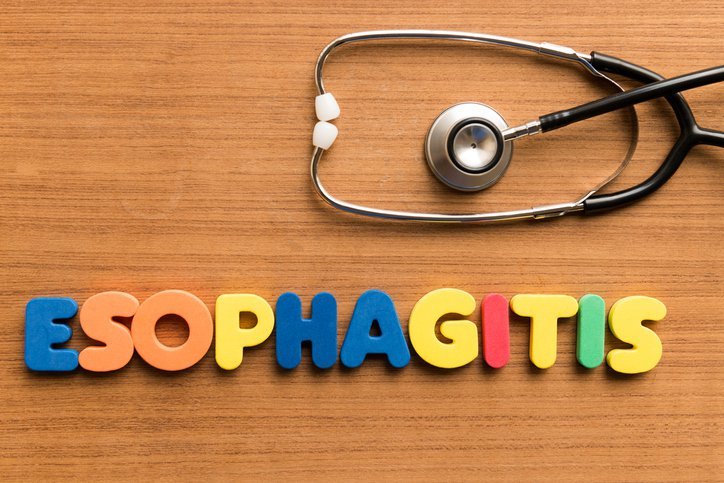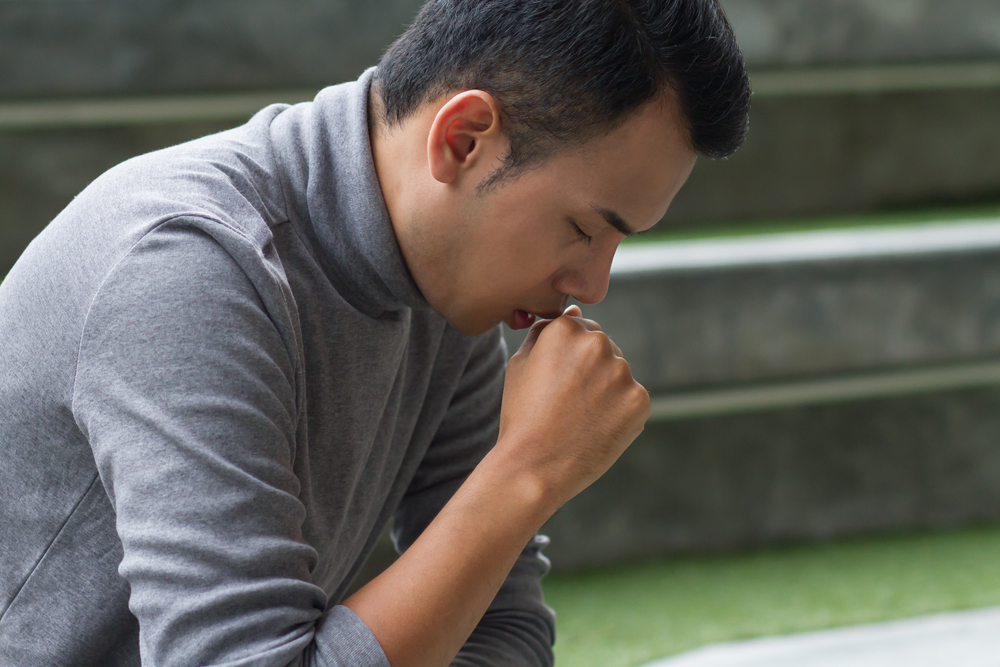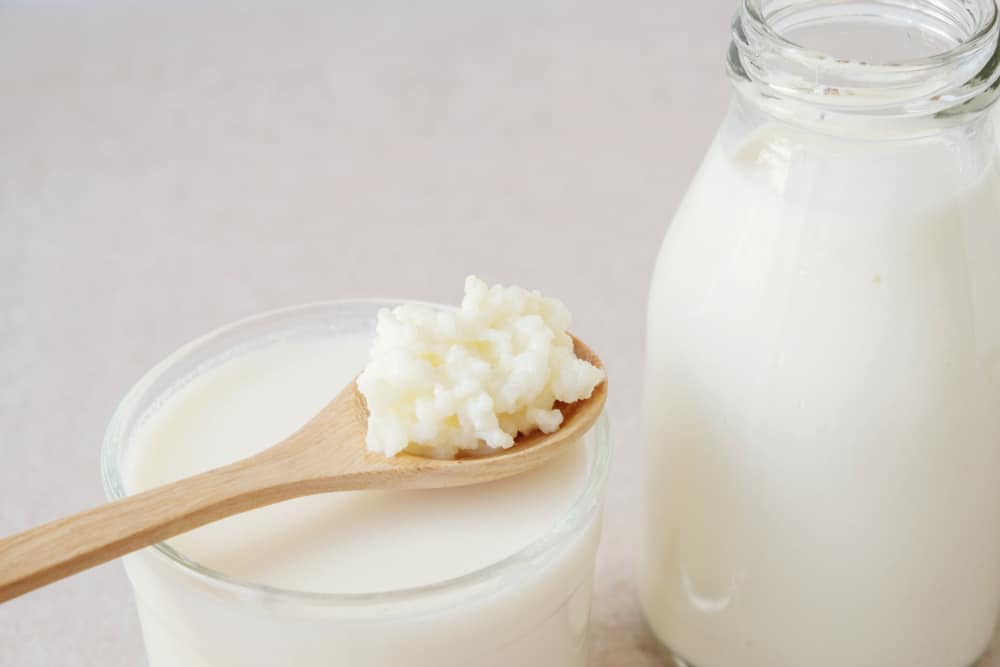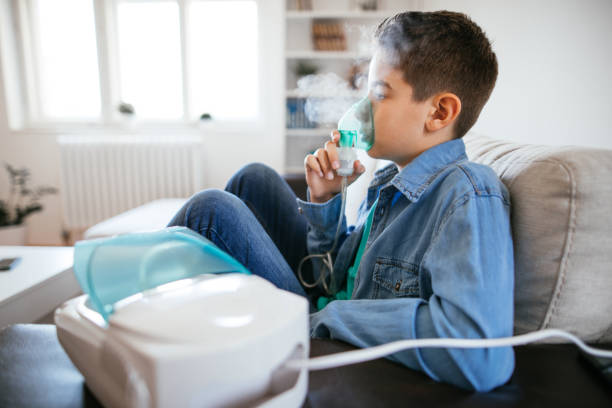Contents:
- Medical Video: Esophageal healing resolves some upper airway symptoms
- Causes of esophagitis
- Factors that make you at risk for esophagitis
- Esophagitis due to GERD
- Allergic esophagitis
- Esophagitis due to medication
- How to treat esophagitis?
- Medical treatment
- What can be done to prevent and relieve esophagitis
Medical Video: Esophageal healing resolves some upper airway symptoms
Esophagitis is an irritation or inflammation of the esophagus, better known as the esophagus. An esophagus or esophagus is a tube that carries food from the throat to your stomach. Esophagitis can be painful and can make a person difficult to swallow. Esophagitis can cause pain during swallowing, difficulty swallowing, chest pain (especially behind the breastbone, which occurs when swallowing food), ingested food is trapped in the esophagus (food impaction), heartburn, and acid regurgitation.
Causes of esophagitis
The most common cause is gastric acid reflux (GERD). If you have GERD, stomach acid and food return back to your esophagus, which can irritate the esophagus. Besides GERD, other causes can be:
- Hiatal hernia
- Medications that irritate the esophagus, such as:
- Nonsteroidal anti-inflammatory drugs (NSAIDs), such as aspirin, ibuprofen, or naproxen.
- Drugs for osteoporosis (bisphosphonates), such as alendronate, ibandronate, or risedronate.
- Antibiotics, such as clindamycin or tetracycline.
- Mineral and vitamin supplements, such as vitamin C, iron, and potassium pills.
- Infection. People who have a weak immune system are more likely to get esophagitis. This includes people with HIV, diabetes, or kidney problems, as well as older adults and people who take steroid drugs.
- Radiation therapy.
- Certain diseases that make it difficult for people to swallow, such as scleroderma.
- Allergies, frequent food allergies, especially seafood, milk, beans, soybeans, or eggs.
Factors that make you at risk for esophagitis
Risk factors for esophageal inflammation vary depending on the cause.
Esophagitis due to GERD
If esophageal inflammation is caused by GERD, the risk factors are as follows:
- Sleep immediately after eating.
- Eat too much fat.
- Eating foods that aggravate GERD, such as tomato-based foods, citrus fruits, caffeine, alcohol, spicy eating, garlic and onions, and mint-flavored foods.
Allergic esophagitis
If esophageal inflammation is caused by allergies, the risk factors are as follows:
- History of certain allergic reactions, including allergic rhinitis, asthma, and atopic dermatitis.
- Family history for eosinophilic esophagitis.
Esophagitis due to medication
If esophageal inflammation is caused by medication, the risk factors are as follows:
- Swallow pills with water that is little or no at all.
- Swallowing drugs while lying down.
- Take medication right before bed.
How to treat esophagitis?
Medical treatment
Treatment for esophagitis is intended to reduce symptoms, manage complications, and treat the cause of the disorder. Treatment strategies vary, mainly based on the cause of the disorder.
For inflammation of the esophagus caused by GERD, the treatment is:
- Using over-the-counter drugs. These include antacids; drugs that reduce acid production, which are referred to as H-2-receptor blockers; and drugs that can block acid production while healing the esophagus, which is called a proton pump inhibitor.
- Using prescription drugs. These include H-2-receptor blockers and proton pump inhibitors.
- Operation. Fundoplication can be used to improve esophageal conditions if other interventions do not work. This can strengthen the sphincter and prevent the acid from rising into the esophagus.
For inflammation of the esophagus caused by drugs, the treatment is:
- Taking alternative drugs that do not cause esophagitis.
- Take liquid version of medicine if possible.
- Take pills with a whole glass of water, unless the doctor asks you to limit fluid intake due to other conditions, such as the kidneys.
For inflammation of the esophagus caused by an infection, your doctor may prescribe medication to treat bacterial, viral, fungal, or parasitic infections that cause infectious esophagitis.
What can be done to prevent and relieve esophagitis
Depending on the causes of esophagitis you have, you can reduce symptoms or avoid recurring problems by following these steps:
- Changing eating habits:
- Eat a few snacks, compared to eating 2 or 3 heavy meals.
- After you eat, wait 2-3 hours before you lie down.
- Avoid eating snacks late at night.
- Avoid foods that cause GERD.
- Change the habits of taking pills. Always drink enough fluids when taking pills, and don't lie down immediately, at least wait up to 30 minutes after taking the pill.
- Lose weight. Talk to your doctor about proper diet and exercise, to help you reduce body weight and maintain a healthy weight.
- Quit smoking. Talk to your doctor if you need help ending your smoking habit.
- Avoid certain drugs. Avoid some painkillers and antibiotics, as well as some other medicines.
- Lift the head of the bed. Place a few wooden blocks under your bed to increase your head. This aims to increase the height of 15-20 cm. Lifting your head just by using a pillow will not effectively solve this condition.
READ ALSO:
- Sundry Mumps in Children
- All about Dust Allergy and How to Overcome It
- Sundries












